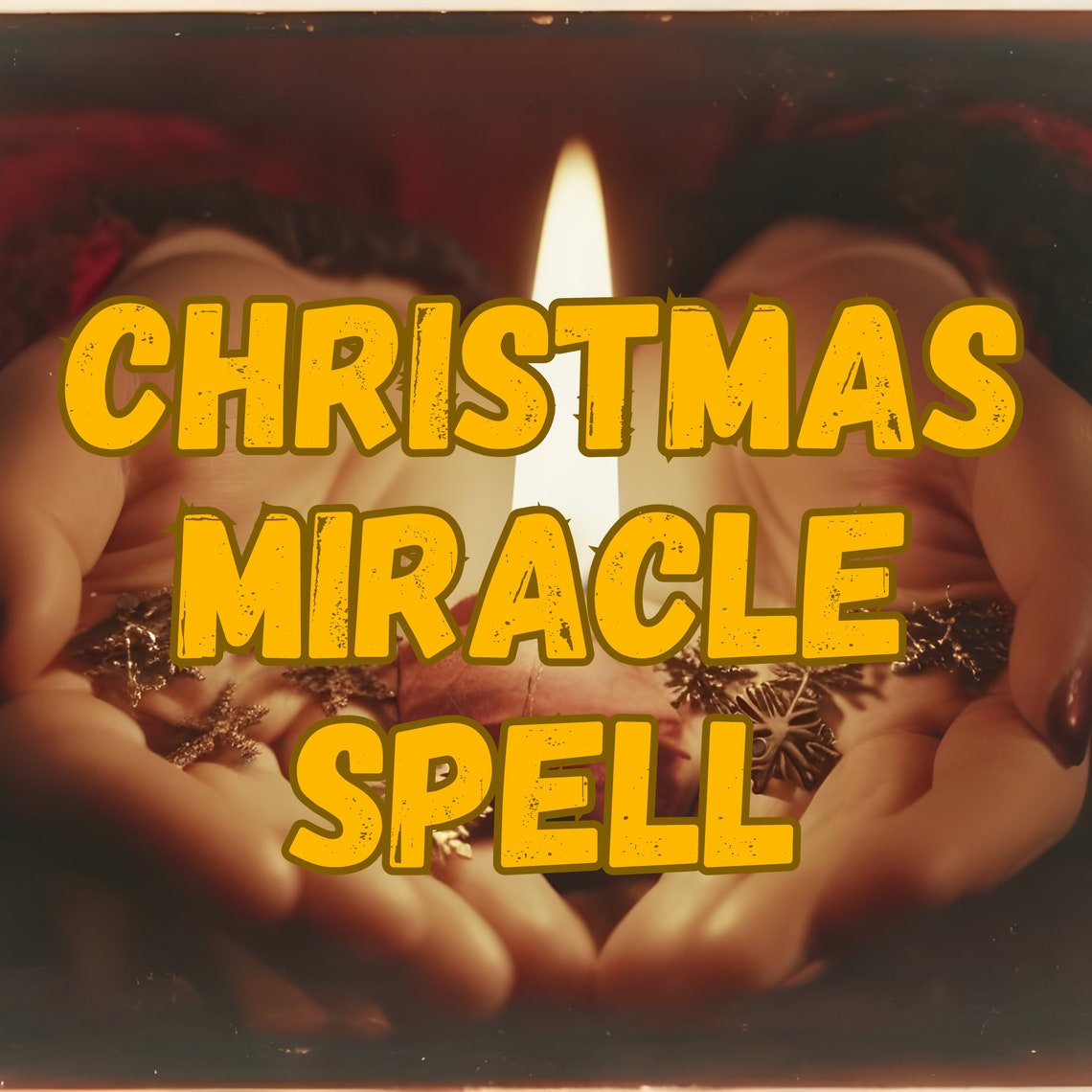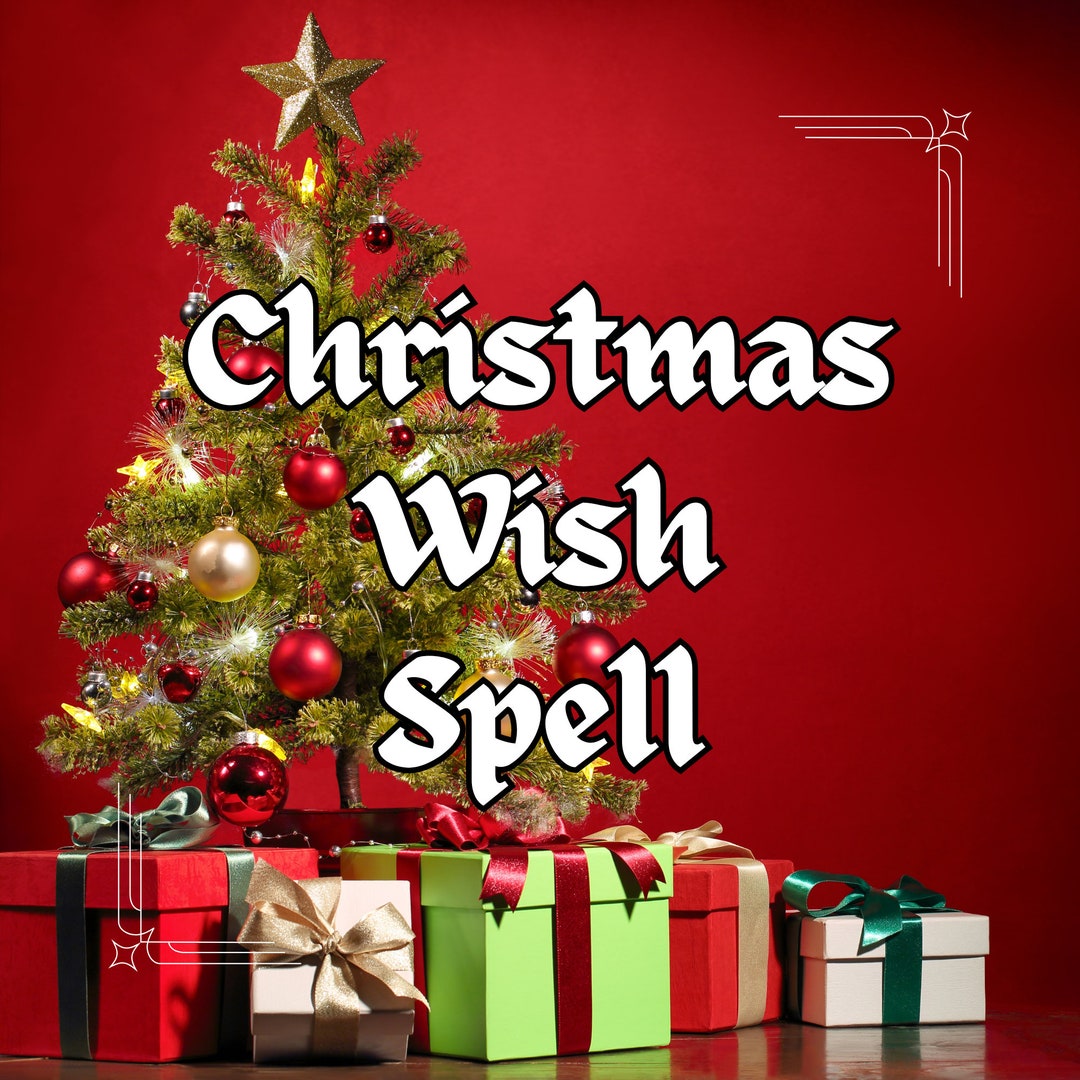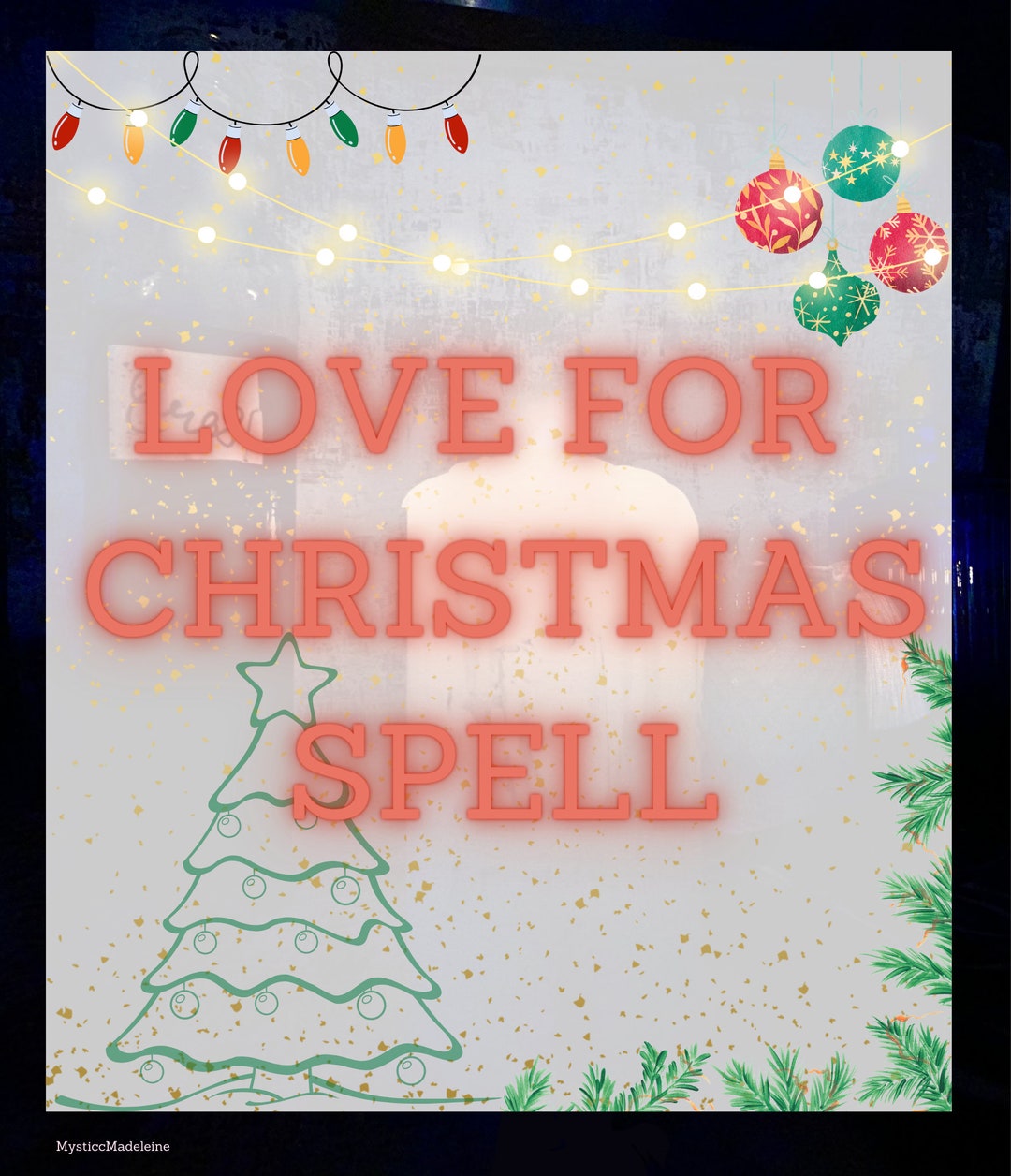How To Spell Christmas: Your Simple Guide To Getting It Right
Have you ever paused, pen in hand or fingers hovering over the keyboard, and wondered, just for a moment, "How do I spell Christmas?" You are not alone, you know. It's a common little puzzle for many, especially as the festive season draws near and holiday greetings fill the air. Getting this particular word right really can make your messages shine.
Getting the spelling correct for such a well-known holiday name really does show care and attention. It helps your holiday cards, emails, and social media posts look polished and thoughtful. Nobody wants to send out a greeting with a little spelling slip, so it's almost always a good idea to be sure.
This article will walk you through the proper way to spell "Christmas." We'll look at why it matters, break down the word, and share some simple tips to help you remember it every single time. So, let's get that spelling spot-on, shall we?
Table of Contents
- Why Does Spelling Christmas Matter?
- The Correct Way to Spell Christmas
- Common Spelling Mix-Ups and How to Avoid Them
- Tips for Remembering the Spelling
- Frequently Asked Questions About Christmas Spelling
- A Little History of the Word 'Christmas'
- Making Your Holiday Messages Shine
Why Does Spelling Christmas Matter?
Spelling "Christmas" correctly is more than just following a rule; it's about clear communication. When you write a holiday message, you want your warm wishes to come across just right. A small error in spelling can, in a way, distract from your heartfelt sentiment.
Think about sending a card to a loved one or perhaps writing a festive social media post. Getting the name of the holiday right shows a certain level of care. It tells your audience that you took the time to make your message as good as it could be, which is really quite nice.
Moreover, accurate spelling helps keep traditions alive. The word "Christmas" has a rich history, and its spelling reflects that past. By using the correct form, you are, in a sense, honoring that long-standing tradition, which is a pretty cool thing to do.
- Yao Ming And Shaq
- Mexico Contra Argentina
- Wentworth Miller Homosexual
- Asian Mullet Haircut
- In Korean How Are You
For businesses or public messages, correct spelling also builds trust. It shows professionalism and attention to detail. A well-spelled sign or advertisement feels more reliable, so it's a small but powerful way to make a good impression.
It's like when you need to spell out variables for a computer script to understand, as mentioned in some programming guides. If you get even one letter wrong, the whole thing might not work. Similarly, getting "Christmas" right ensures your message is clearly understood and appreciated, which is very important.
The Correct Way to Spell Christmas
The correct spelling is C-H-R-I-S-T-M-A-S. It has nine letters in total. This spelling remains the same whether you are talking about the day itself, the season, or the general holiday spirit. It's a single, consistent word, you know.
Many people find it easy to remember the first part, "Christ," because of its clear connection. The second part, "mas," is where a little confusion can sometimes creep in. But once you break it down, it's actually quite simple.
So, the whole word together is C-H-R-I-S-T-M-A-S. Practicing it a few times can really help it stick in your mind. Just say it out loud as you write it, and that often makes a big difference.
Breaking Down the Word
Let's look at the parts of "Christmas." It starts with "Christ." This part is usually quite familiar to most people. It's a common name and easy to spell, so that's a good starting point.
Then comes "mas." This part comes from an older word meaning "mass" or "festival." When you put "Christ" and "mas" together, you get "Christmas." It's almost like two smaller words joining up to make a bigger one, isn't it?
Thinking of it in these two clear sections can make the whole word less intimidating. You're not trying to remember nine random letters. Instead, you're remembering two meaningful parts, which tends to be much easier.
So, just remember "Christ" and then "mas." That simple breakdown often helps people recall the full spelling without much trouble. It's a bit like learning a new song by breaking it into verses and choruses, which can be quite helpful.
The Capital 'C'
One very important thing to remember about "Christmas" is that it always starts with a capital 'C'. This is because "Christmas" is a proper noun. Proper nouns are names of specific people, places, or things, and they always get a capital letter, as a matter of fact.
Think of other holidays like "Easter" or "Halloween." They also start with capital letters. This rule applies to all specific holiday names. So, writing "christmas" with a small 'c' would be a spelling error, just like writing "monday" instead of "Monday."
Even if "Christmas" is part of a longer phrase, like "Christmas tree" or "Christmas carols," the 'C' in "Christmas" still stays capital. The capital 'C' is always there, no matter what, which is a pretty clear rule.
This rule is pretty consistent in the English language. So, if you remember that holidays are important names, you'll likely remember to use that capital 'C' every single time. It's a small detail that makes a big difference in how your writing looks, you know.
The Silent 'T'
Here's a little trickier part: the 't' in "Christmas" is silent. We write it, but we don't say it when we speak the word. This can sometimes trip people up, as a matter of fact.
Many English words have silent letters. Think of "listen" (the 't' is silent) or "knife" (the 'k' is silent). The 't' in "Christmas" is just another example of this common language quirk, so it's not too unusual.
The silent 't' is part of the "Christ" portion of the word. Even though you don't hear it, it's absolutely necessary for the correct spelling. Leaving it out would be a mistake, making the word look incomplete, which you definitely want to avoid.
So, when you are spelling "Christmas," remember that 't' is there, even if your mouth doesn't make a sound for it. It's a bit like a hidden helper in the word, quietly doing its job, which is kind of neat.
Common Spelling Mix-Ups and How to Avoid Them
It's easy to make a small error, especially with words that have silent letters or slightly unusual spellings. One common mix-up is forgetting the 't', writing "Chrismas" instead of "Christmas." This happens quite a lot, so you are certainly not alone if you've done it.
Another mistake can be adding an extra 's', making it "Christmass." While "mass" is part of the word's origin, the final spelling only has one 's'. It's a single 's' at the end, not a double, which is pretty straightforward.
Sometimes people also forget the capital 'C', writing "christmas." As we talked about, this is a proper noun, so that capital 'C' is always needed. It's a pretty big rule to keep in mind, you know.
To avoid these slips, try visualizing the word in your mind. Picture the letters C-H-R-I-S-T-M-A-S. This mental image can often help you catch an error before you even write it down. It's a simple trick that can be very effective.
Just like in some games where spamming the same wrong move won't help you level up, repeatedly misspelling a word won't help you learn it. You need a better "engine" for learning, like focusing on the correct form. So, rather than just guessing, take a moment to recall the correct letters.
You could also try writing the word out a few times when you're not under pressure. Practice makes perfect, as they say. The more you write it correctly, the more natural it will feel, which is really how you master any spelling.
Tips for Remembering the Spelling
Remembering how to spell "Christmas" can be easier with a few simple tricks. One way is to break the word into its two main parts: "Christ" and "mas." This makes a long word feel like two shorter, more manageable pieces, which is very helpful.
You can also create a little rhyme or a silly phrase to help you. For example, "Christ makes a special time." While not a perfect match for every letter, it can help you remember the 'Christ' part and that it's a special occasion. Little memory aids like this often stick with you.
Another good tip is to write it out by hand several times. The physical act of writing can help your brain remember the letter sequence. It's a bit like building muscle memory for your fingers, which can be quite effective.
Pay attention to the silent 't'. You can tell yourself, "The 't' is there, even if I don't say it." This specific reminder helps you include that often-missed letter. It's a little mental note that can prevent a common error, you know.
Think of it like setting up variables for a script, as in some technical guides. You need to "spell out" each part precisely for it to work. If you miss a 't' or use a small 'c', it's like a variable isn't defined properly, and your message might not come across as intended. So, clarity in spelling is like clarity in coding, in a way.
Finally, read the word often. Seeing it spelled correctly in books, on cards, or online helps reinforce the right image in your mind. The more you see it, the more familiar and correct it will seem, which is pretty straightforward.
Frequently Asked Questions About Christmas Spelling
Is "Christmas" always capitalized?
Yes, "Christmas" is always capitalized. It's a proper noun, which means it is the specific name of a holiday. Just like names of people or specific places, proper nouns always begin with a capital letter. So, you should always write it with a big 'C', you know.
Even if it's part of a longer phrase, such as "Christmas Eve" or "Christmas morning," the word "Christmas" itself keeps its capital 'C'. It's a consistent rule in English grammar, which is really quite handy.
Why is there a 't' in "Christmas" if we don't say it?
The 't' in "Christmas" is a silent letter, but it's there for historical reasons. The word comes from "Christ's Mass," and the 't' is part of "Christ." Over time, the pronunciation changed, but the spelling kept the 't' from its original form, so it's a bit of a linguistic fossil, in a way.
Many words in English have silent letters because of how the language has evolved. It's a common feature, and the 't' in "Christmas" is just one example. So, while you don't hear it, it's absolutely necessary for the correct spelling, which is pretty interesting.
Can I shorten "Christmas" to "Xmas"?
Yes, you can shorten "Christmas" to "Xmas," but it's generally used in informal settings. The "X" comes from the Greek letter "Chi," which is the first letter of "Christ" in Greek. So, "Xmas" is a historically valid abbreviation, but it's not for every situation, you know.
You might see "Xmas" on casual signs, in text messages, or in advertising. However, for formal writing, school assignments, or very traditional holiday cards, it's usually best to stick with the full "Christmas." It's about choosing the right style for the right moment, which is a good thing to consider.
A Little History of the Word 'Christmas'
The word "Christmas" has a really long history, going back many centuries. It comes from the Old English phrase "Crīstes mæsse," which means "Christ's Mass." This tells us about the holiday's origins as a religious celebration, so it's a very old word indeed.
The "Christ" part refers to Jesus Christ, and "mas" comes from the word "mass," meaning a religious service or festival. So, the word literally means a special gathering or service for Christ. This connection is why the 'C' is capitalized and the 't' is present, even if silent, you know.
Over time, the spelling and pronunciation changed a bit, but the core meaning remained. The word "Christmas" has been in use for hundreds of years, making it a very stable part of our language. It's a word that has stood the test of time, which is pretty cool.
Understanding this history can sometimes make the spelling easier to remember. Knowing why the letters are there gives them a bit more meaning. It's like understanding the background story of a character; it helps you remember them better, which is often true for words too.
The stability of this word's spelling is a bit like how some technical configurations are built. Once you "spell out" the variables correctly, they tend to stay that way, providing a reliable foundation. It shows how language, like code, has its own logic and history. For more on word origins, you could check out a site like Online Etymology Dictionary, which is a great resource.
So, when you spell "Christmas," you're not just writing letters; you're connecting to a long and rich past. It's a small act that carries a lot of meaning, which is really quite special.
Making Your Holiday Messages Shine
Getting the spelling of "Christmas" right is a small detail that can make a big difference in your holiday greetings. It shows care, respect for tradition, and a desire for clear communication. When your messages are spelled correctly, they just feel more complete, you know.
So, whether you're writing cards, sending emails, or posting online, take that extra second to double-check "Christmas." It's a simple step that helps your warm wishes land perfectly. A little attention to detail really goes a long way, and that's true for spelling too.
By using the correct spelling, you help keep the beauty and clarity of our language alive. It's a small contribution to good communication, and that's something to feel good about. So, go ahead and share your festive spirit with confidence, knowing your words are spot-on.
You can learn more about holidays and traditions on our site, and link to this page for more spelling tips. We hope this guide helps you feel more confident every time you write "Christmas," which is our main goal here.



Detail Author 👤:
- Name : Prof. Vinnie Reichel Jr.
- Username : ziemann.alfredo
- Email : franecki.hilda@yahoo.com
- Birthdate : 1977-02-24
- Address : 72273 Herzog Ridge Lake Sarah, DE 85885
- Phone : 1-323-694-8877
- Company : Roberts, Schmeler and Daniel
- Job : Motor Vehicle Inspector
- Bio : Corporis maxime voluptatem laboriosam laborum et. Et officiis hic reiciendis cumque aut. Ex totam amet et perferendis molestiae. Quia illum impedit excepturi nemo.
Socials 🌐
tiktok:
- url : https://tiktok.com/@winfield.barton
- username : winfield.barton
- bio : Dolor quia consequuntur cupiditate aliquam voluptatum cum.
- followers : 1827
- following : 2649
twitter:
- url : https://twitter.com/winfieldbarton
- username : winfieldbarton
- bio : Labore non sapiente provident consequuntur dolorem earum. Inventore consequatur odio consectetur quae maiores quis. Est nihil ut nisi enim qui similique nulla.
- followers : 1409
- following : 138
instagram:
- url : https://instagram.com/wbarton
- username : wbarton
- bio : Et libero ducimus in ut. Dolor est ipsa et modi sapiente. Dicta dolor sint fugit vel.
- followers : 3206
- following : 908
linkedin:
- url : https://linkedin.com/in/winfieldbarton
- username : winfieldbarton
- bio : Est unde voluptatem corporis vero possimus natus.
- followers : 1400
- following : 2029